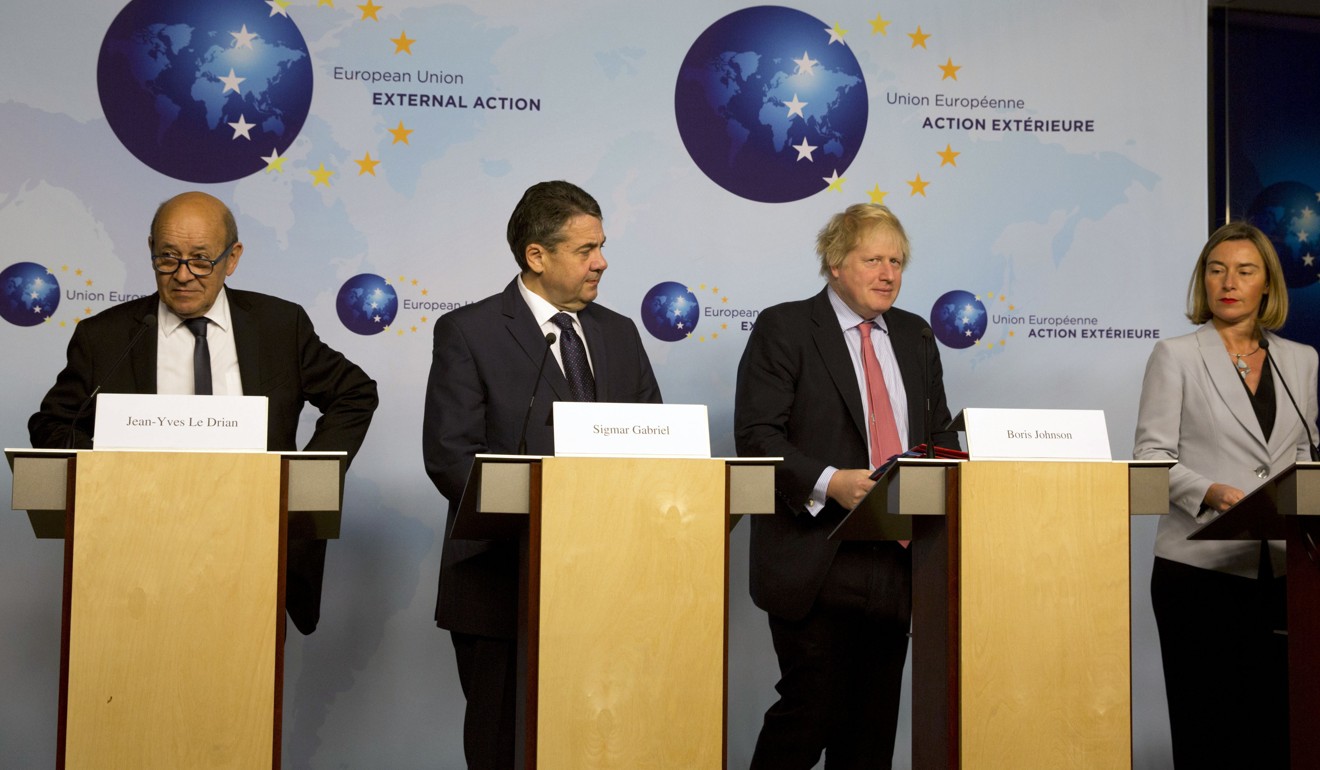
Donald Trump renews Iran nuclear deal – for the last time, says White House
After heavy pressure from advisers and international heads of state, a reluctant Trump renewed the nuclear deal he has lambasted for years – but said he wants another deal within 120 days or the US will pull out
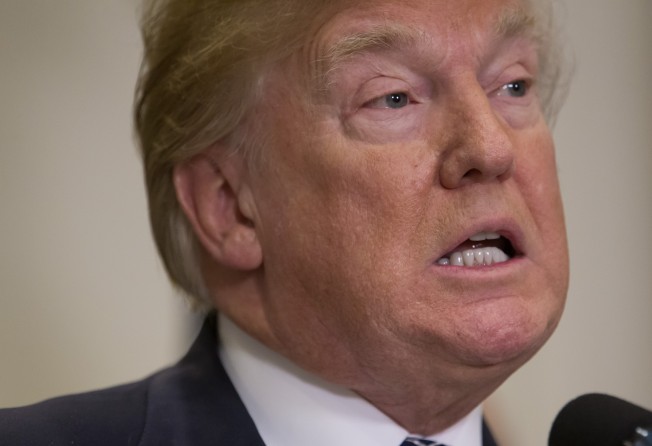
US President Donald Trump renewed America’s participation in the Iran nuclear deal on Friday by granting Tehran relief from US sanctions – but aides said it would be the last time he would do so.
A senior administration official said Trump wants the 2015 Iran deal strengthened with a follow-on agreement in 120 days or he will unilaterally withdraw from the international pact.
He has called this “the last chance” for the agreement.
Trump had privately chafed at having to once again waive sanctions on a country he sees as a rising threat in the Middle East.
The agreement – which he lambasted during his presidential campaign as a “the worst deal” was reached during Barack Obama’s presidency.
Hailed by Obama as key to stopping Iran from building a nuclear bomb, the deal lifted economic sanctions in exchange for Tehran limiting its nuclear programme.
But Iran hasn’t escaped Trump’s wrath. While the existing sanctions have been held off for a few months more, the Treasury Department decided to impose new, targeted sanctions against 14 Iranian entities and individuals.

Details on what Trump wants in his amendment are still trickling through, but they include tighter inspection requirements and the right for the US to put its sanctions back into place at any time if Iran fails tests.
He also wants the amendment to say that the US views Iran’s long-range missile programme as inseparable from its nuclear programme.
Among the newly sanctioned entities are Bochuang Ceramic Inc, which the US says attempted to supply an Iranian firm with a chemical compound used in the transmission of electric signals. The unnamed Iranian firm has also been sanctioned.
A Chinese national who is tied to Wuhan Sanjuang Import and Export Co – which was itself already under sanctions – has also been placed on the list, the Treasury said. It is unclear why.
A number of Iranian individuals and entities have also been sanctioned for human rights abuses, censorship and support to Iranian weapons proliferators, the Treasury said.
Among them is the head of Iran’s judiciary, Sadeq Amoli Larijani.
Treasury Department said in a statement that Larijani, a close ally of Supreme Leader Ayatollah Ali Khamenei, is “responsible for ordering, controlling, or otherwise directing, the commission of serious human rights abuses against persons in Iran or Iranian citizens or residents.”
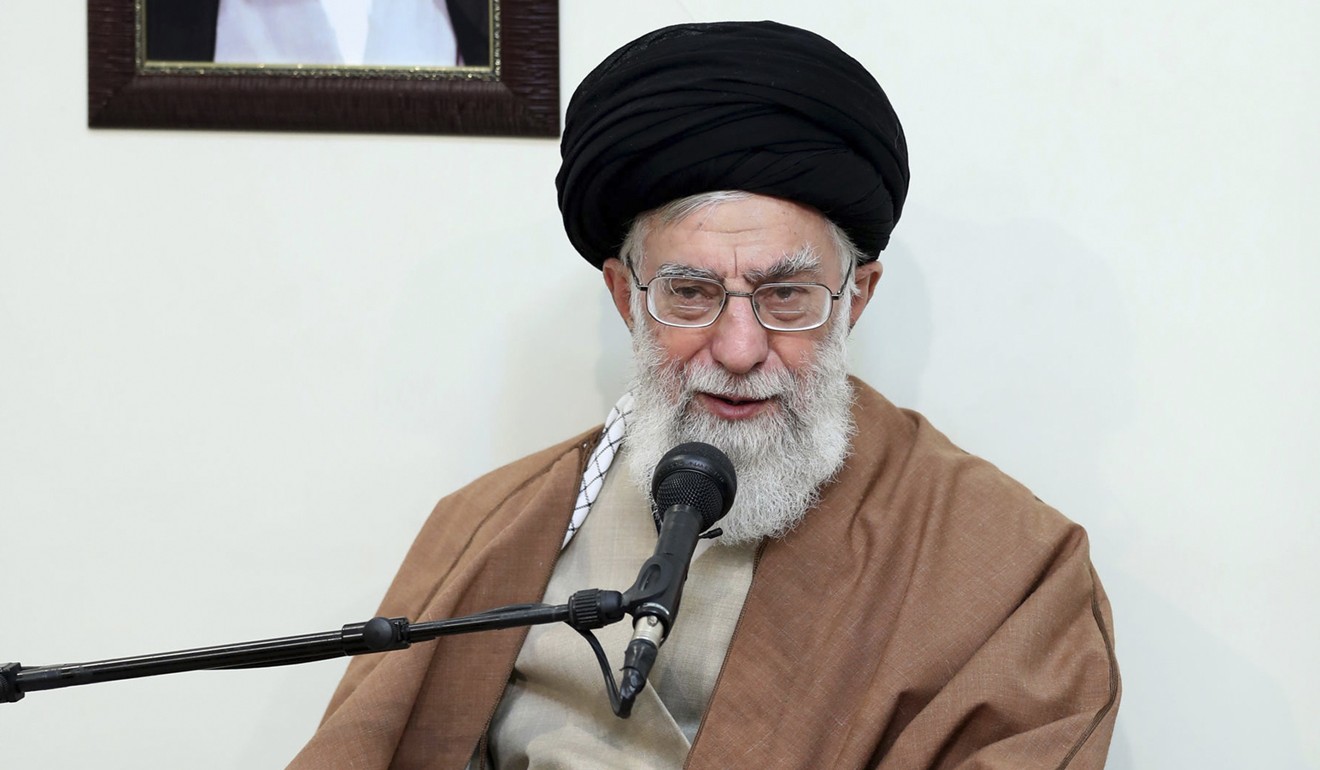
Trump’s decision was announced in a statement issued by the White House a day after he engaged in lengthy discussions with US Secretary of State Rex Tillerson, national security adviser HR McMaster and others about the deal.
Trump has argued behind the scenes that the nuclear deal makes the United States look weak, a senior US official said. The argument for staying in, the official said, was to allow time to toughen the terms of the agreements.
A decision to withhold a waiver would have effectively ended the deal that limits Iran’s nuclear programme; Tehran has said that if the US pulls out, it will “shred” the document despite support from other nations.
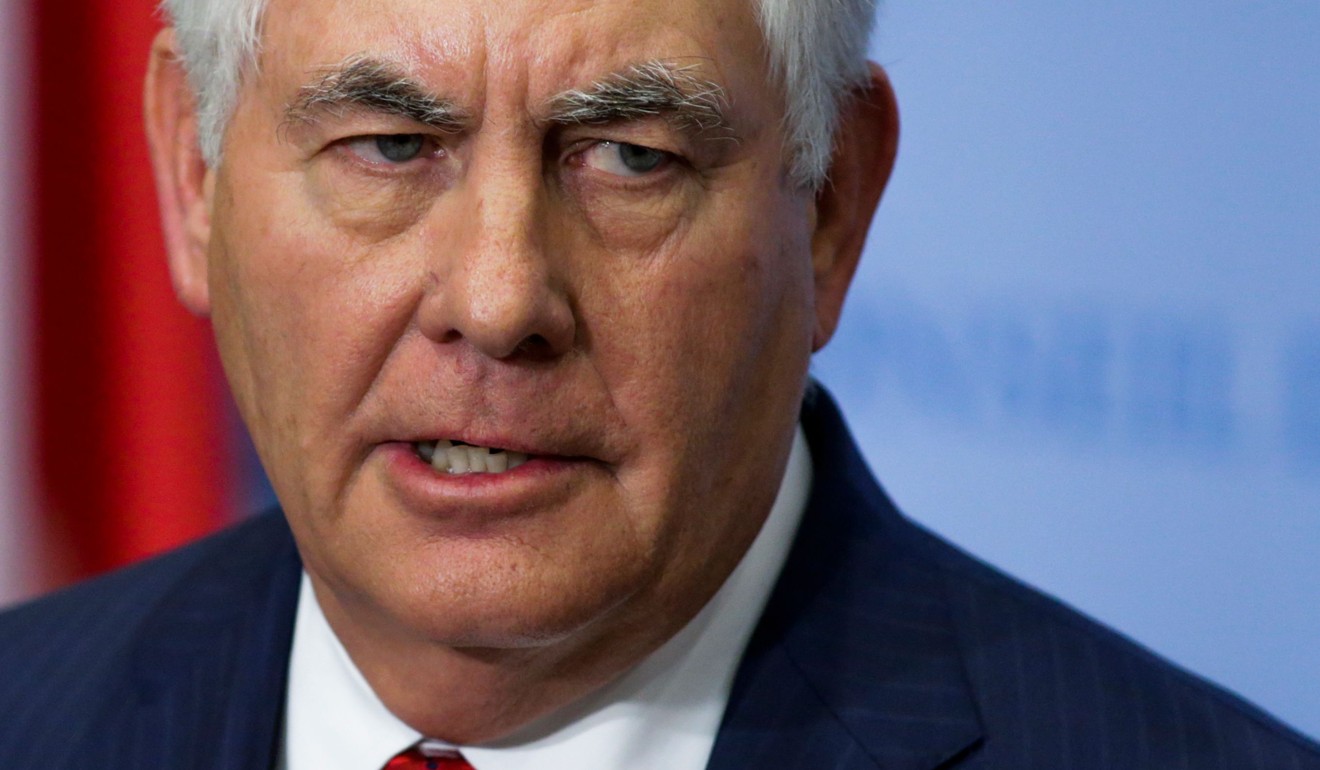
Two senior Trump administration officials told Reuters on Wednesday that the president, a Republican, had privately expressed reluctance to heed the advice of top advisers recommending he not reimpose the suspended sanctions.
Trump has argued that Obama, a Democrat, negotiated a bad deal for the United States in agreeing to the nuclear accord.
Trump had come under heavy pressure from European allies to issue the sanctions waiver.
Iran says its nuclear programme is only for peaceful purposes. It has said it will stick to the accord as long as the other signatories respect it but will “shred” the deal if Washington pulls out.
The US Congress requires the president to decide periodically whether to certify Iran’s compliance with the deal and issue a waiver to allow U.S sanctions to remain suspended.
Trump in October chose not to certify compliance and warned he might ultimately terminate the accord.
He accused Iran of “not living up to the spirit” of the agreement even though the International Atomic Energy Agency says Tehran is complying.
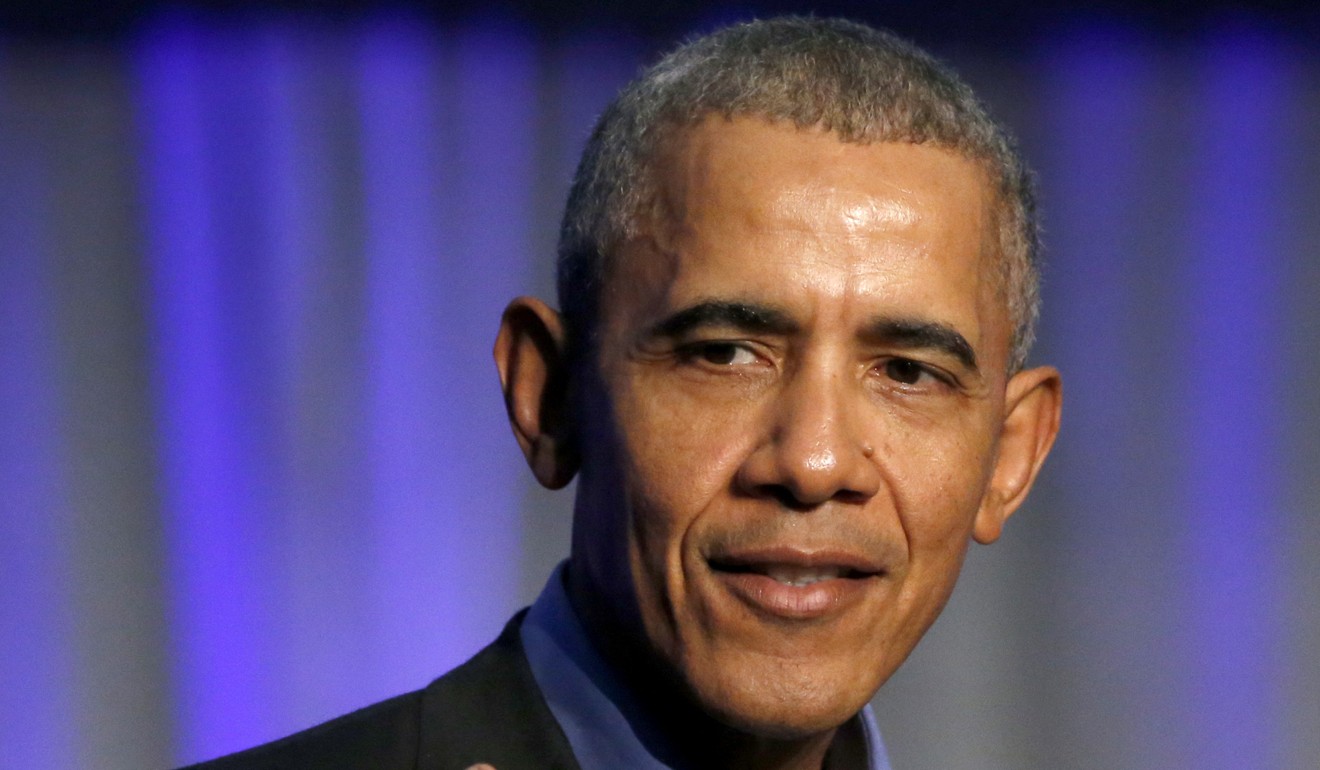
Hardliners on Iran in the US Congress have called for the reimposition of the suspended sanctions and an end to the nuclear deal, while some liberal Democrats want to pass legislation that would make it harder for Trump to pull Washington out without congressional consent.
Trump and his top advisers have been negotiating with US lawmakers on Capitol Hill to try to change sanctions legislation so that he does not face a deadline on whether to recertify Iranian compliance with the nuclear deal every 90 days.
Senate Foreign Relations Committee Chairman Bob Corker has been working on amending a US law to include “trigger points” that if crossed by Iran would automatically bring back US sanctions.
Britain, France and Germany called on Trump on Thursday to uphold the pact.
French President Emmanuel Macron stressed to Trump in a telephone call on Thursday the importance of abiding by the deal.